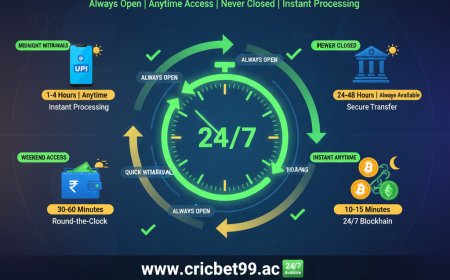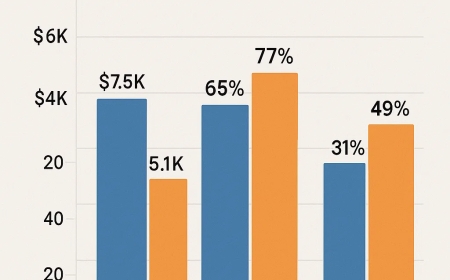The Art of Writing Descriptive vs. Evocative Academic Titles
Crafting the perfect title for an academic work is more than a final touch it's a strategic decision that affects how your work is perceived, discovered, and remembered. In the realm of research, dissertations, and scholarly papers, the battle between descriptive and evocative titles is ongoing. Both serve distinct purposes, and knowing how to harness each style is key to engaging your audience while maintaining academic clarity.
Whether you're submitting your final thesis or preparing a journal article, learning the art of writing descriptive vs. evocative academic titles is crucial. This skill also connects closely with services like thesis assistance, which help students navigate such nuances.
? What Is a Descriptive Academic Title?
Descriptive titles are straightforward. They tell the reader exactly what the paper is about using clear, specific language. For example:
A Quantitative Analysis of Climate Change Policies in Southeast Asia (20052020)
Here, the scope, methodology, and region of focus are instantly clear. Descriptive titles are particularly valued in scientific, technical, and quantitative research, where clarity and accuracy trump creativity. They allow search engines and academic databases to categorize the content efficiently, which is crucial for discoverability.
Key Characteristics:
-
Concise and informative
-
Objective and data-focused
-
Includes variables, methodology, and/or location
-
Ideal for empirical research and STEM disciplines
? What Is an Evocative Academic Title?
Evocative titles take a more creative approach. They aim to spark curiosity, emotion, or intrigue. For example:
Melting Promises: Southeast Asia's Struggle Against Climate Change
This title is emotionally resonant and hints at the topic but leaves room for interpretation. Its a great hook for readers and works well in humanities or qualitative social sciences where thematic exploration is emphasized.
Key Characteristics:
-
Engaging and often metaphorical
-
Suggests rather than explains
-
Leaves space for interpretation
-
Ideal for narrative or conceptual research
? Choosing Between Descriptive and Evocative: A Strategic Balance
While both styles serve a purpose, the best academic titles often blend the two. A hybrid title format Melting Promises: A Quantitative Analysis of Climate Change Policies in Southeast Asia (20052020) gives you the best of both worlds: intrigue plus clarity.
Consider the Following When Choosing a Title Style:
-
Audience Expectations: Academic reviewers vs. general readers
-
Field of Study: STEM favors descriptive, while humanities welcome evocative
-
Purpose of Work: Informative thesis vs. persuasive essay
-
Searchability: Descriptive titles rank better in databases
If you're unsure which direction to go, consider seeking expert advice through a professional dissertation writing service, where seasoned editors and academic mentors can guide you.
? Real-World Applications and Job Descriptions
Interestingly, this title debate mirrors how job descriptions are written. A descriptive job title like "Digital Marketing Specialist SEO and Analytics" immediately communicates role expectations. An evocative job title like "Growth Hacker" sounds trendier but may lack clarity. In both academia and the job market, your title frames the first impression and possibly the outcome.
Thus, the art of writing descriptive vs. evocative academic titles is not just about literary flair; its about strategic communication. It can determine whether your dissertation gets picked for review, cited in future work, or lost in digital oblivion.
? Final Thoughts
In academic writing, your title is your headline it must work hard to inform, attract, and persuade. Whether you opt for the transparent route of a descriptive title or the creativity of an evocative one, make sure it aligns with your purpose, audience, and discipline.
If you're at a crossroads, dont hesitate to explore expert thesis assistance to help polish your academic title and beyond. After all, the right title could be the difference between being read and being ignored.








&srotate=0)

























